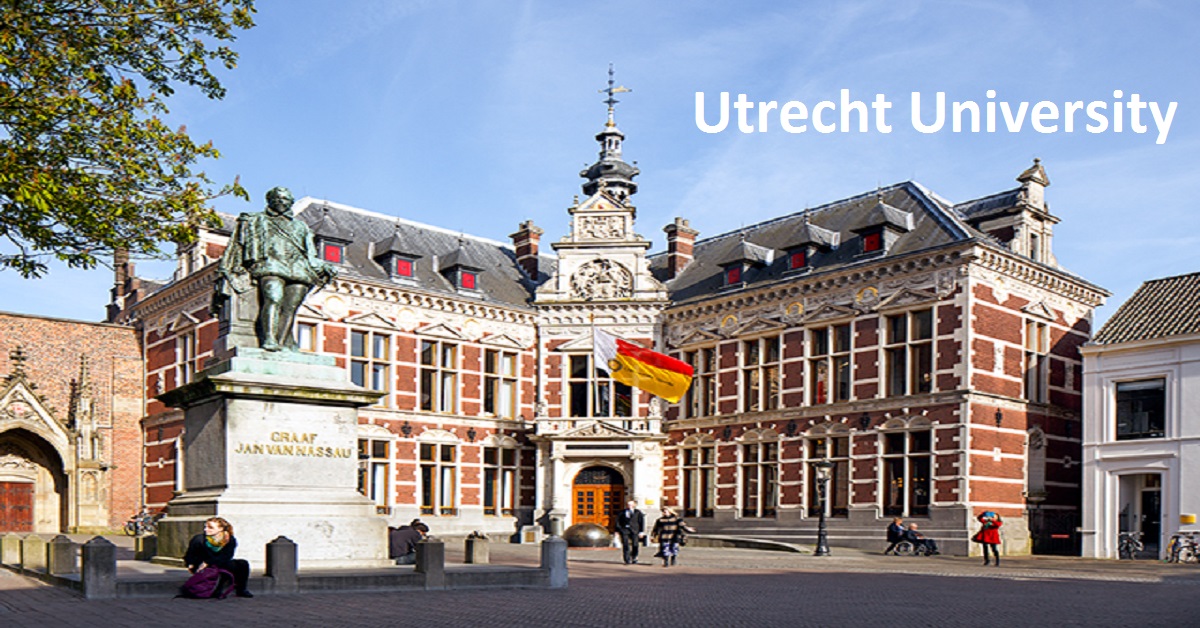The Montaigne Centre for Rule of Law and Administration of Justice at the Utrecht School of Law, Faculty of Law, Economics and Governance, is looking for a postdoctoral Researcher for the ERC-funded project INFO-LEG to study data practices and technologies with a view to fundamentally restructure legal protection against information-driven harms.
The Postdoc will be supervised by the PI of the project, Prof. Nadya Purtova. and embedded at the Montaigne Centre for Rule of Law and Administration of Justice. The project’s aim is to reinvent the current system of legal protection against negative effects of the data-driven harms. In Europe this system is currently embodied in the data protection law (such as the GDPR) and is centered around the notion of personal data: the assumption is that if collection and use of personal data are regulated, information technology related harms will be averted. Yet, using the concept of personal data as a trigger is not without problems. The boundary between personal and non-personal data is increasingly unclear. Modern data collection and processing, as well as the growing spread of their uses across societal contexts (e.g. reliance on data and AI in public and private decision making) lead to a situation where any information can be personal data. Anchoring legal protection against digital harms in the ‘personal data’ concept is a legacy of legislative choices made in the past. Alternative ways of structuring legal protection are needed and possible. Given the broad meaning of personal data, a growing range of situations and problems falls within the ambit of data protection law, which is not equipped to deal with all of them equally well. Simply narrowing down the concept of personal data would not do (where should we (re)draw the line?). The problem requires fundamental rethinking of the current approach to legal protection. The project looks to suggest alternative avenues for legal protection which are not subject to the concept of personal data. We are looking for alternative ideas, concepts, or principles that would allow the restructuring of legal protection. At the moment we are exploring data commons and other approaches to understand the relationship between data and society, such as understanding it as ‘infrastructure’ (e.g. Bowker & Star, 1999), as ‘infosphere’, (e.g. Floridi, 2014), or as ‘data ecosystem/‘information ecology’ (e.g. Baker & Bowker, 2007; Tamar & Federica, 2019). We are interested in data power and what characterizes computing as a social practice, which is highly preliminary. Other approaches and ideas are more than welcome.
As our Postdoc you will contribute to the project by studying data and information technologies and practices from the perspective of your own discipline. You will conduct theoretical research and the empirical study of data and information technologies and practices in 3 contexts: online advertising, smart grid and smart cities. You will have a significant degree of freedom to shape your ‘sub-project’ as long as it serves the objectives of the ERC project.
Qualifications
We are looking for a postdoctoral Researcher with:
- a completed PhD (or a defense date set) in law & technology, surveillance or information studies, STS, philosophy of technology, sociology of computing, critical infrastructure studies, critical data studies, or another relevant field;
- a demonstrable interest in data technologies and practices, and their regulation/governance with a view to mitigate societal impacts. Affinity with the issues of data protection law is not required;
- research skills: experience with conducting interviews is a plus, but not required;
- clear, critical and creative thinking, and the ability to go against the grain of mainstream scholarship and question established presumptions;
- self-organization, the ability to think and work independently in a multidisciplinary setting and the ability to deliver results of high quality and on time;
- collegiality, communicate effectively, both within a team and in the academic community.
Offer
We offer a temporary position (0.8 FTE) for a period of 18 months, starting as soon as possible, but no later than 1 March 2022. The gross salary – depending on previous qualifications and experience – ranges between €3,807 and €5,211 (scale 11 according to the Collective Labour Agreement Dutch Universities) per month for a full-time employment. Salaries are supplemented with a holiday bonus of 8% and a year-end bonus of 8.3% per year. In addition, Utrecht University offers excellent secondary conditions, including an attractive retirement scheme, (partly paid) parental leave and flexible employment conditions external link (multiple choice model). More information about working at Utrecht University external linkcan be found here.
About the organisation
A better future for everyone. This ambition motivates our scientists in executing their leading research and inspiring teaching. At Utrecht University external link, the various disciplines collaborate intensively towards major societal themes. Our focus is on Dynamics of Youth, Institutions for Open Societies, Life Sciences and Sustainability.
The Faculty of Law, Economics and Governance external linkis a faculty at the heart of society, with a strong focus on social issues. Our subjects of law, economics and governance give us a strong mix of academic disciplines that complement and enhance each other. This is a unique combination and a mark of our faculty’s strength.
Utrecht University’s Montaigne Centre for Rule of Law and Administration of Justice external linkcombines multidimensional expertise in the field of rule of law and administration of justice. The Montaigne Centre is involved in multidisciplary research, consultancy and education.
Additional information
For more information about this position, please contact Prof. Nadya Purtova external link(Professor of Law, Innovation, and Technology and Project Leader), via n.n.purtova@uu.nl. external link
Apply
Everyone deserves to feel at home at our university. We welcome employees with a wide variety of backgrounds and perspectives. To apply, use the ‘apply’ button below. Please send your curriculum vitae, letter of motivation and a publication list for the attention of Prof. Nadya Purtova.
Interviews will be scheduled in the period 17-26 November 2021.
The application deadline is 10 November 2021.
